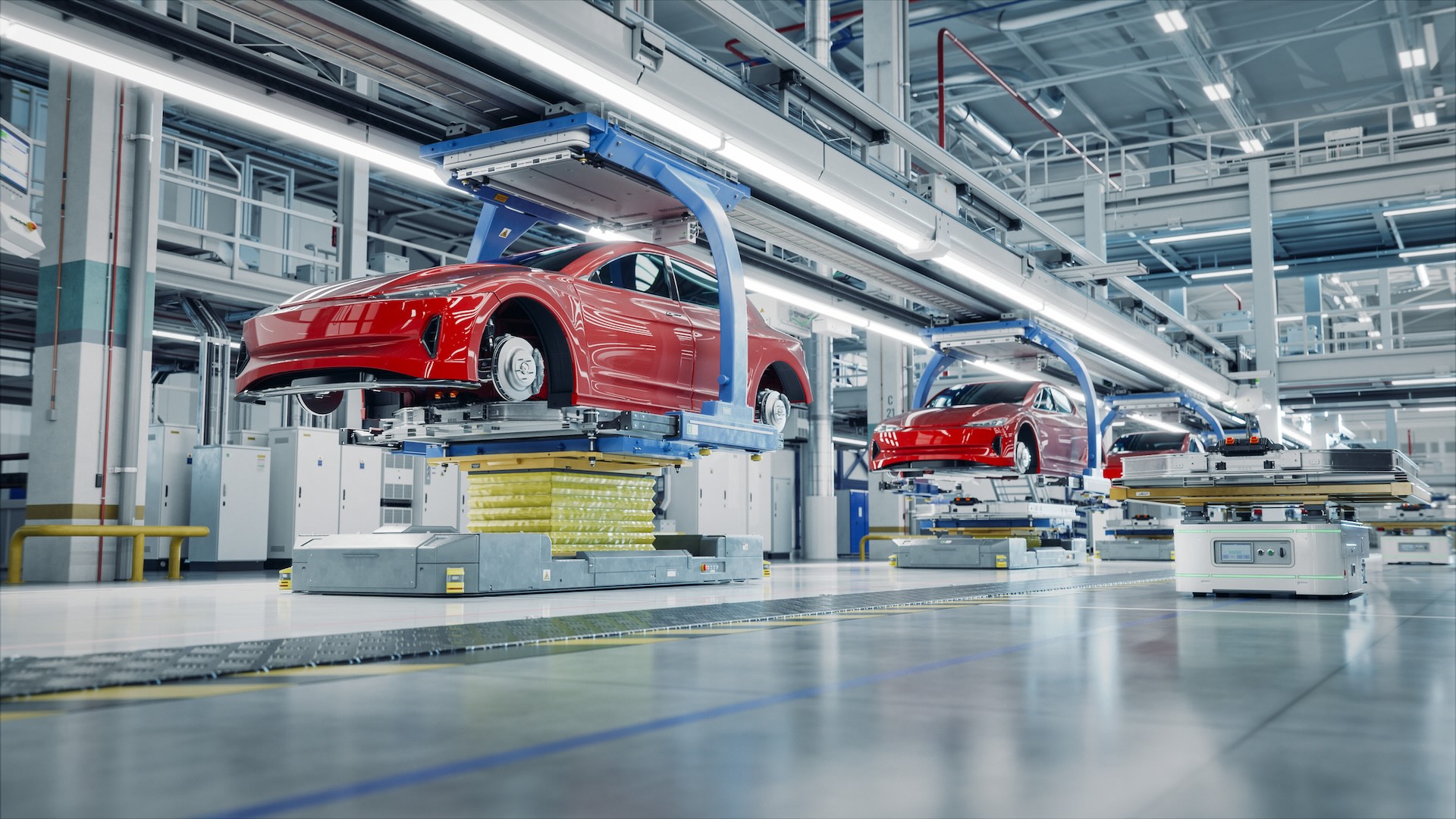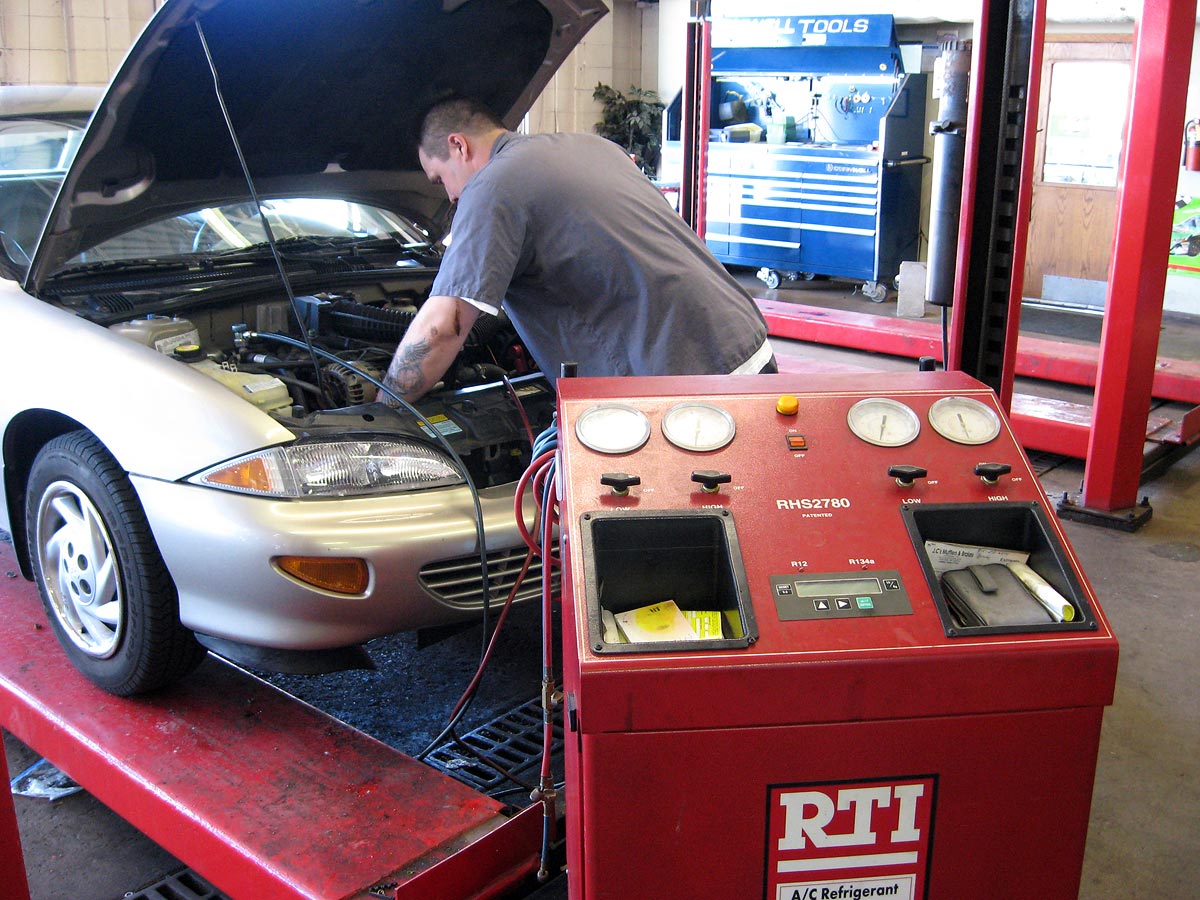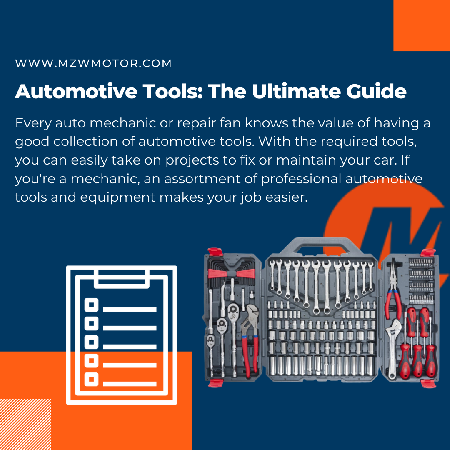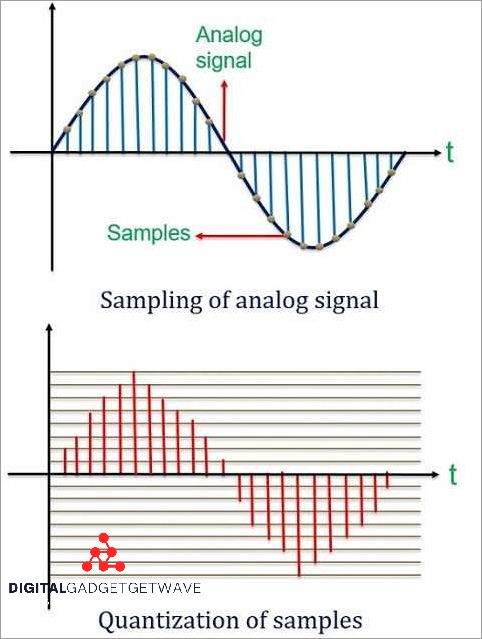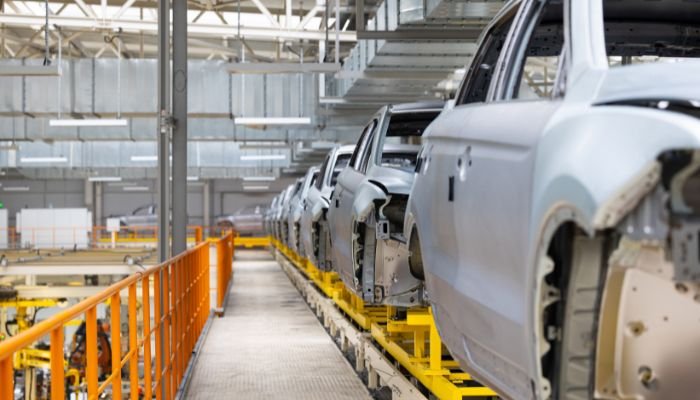Tesla Dealerships: Understanding Their Unique Ownership Model
Tesla dealerships: understand their unique ownership model
When shop for a new car, most Americans are familiar with the traditional dealership experience visit severally own franchises that sell vehicles from major manufacturers. Yet, tesla has taken a dramatically different approach to sell its electric vehicles. This has leaved many potential customers wonder: are tesla dealerships severally own like traditional car dealerships?
The short answer: tesla doesn’t have traditional dealerships
Unlike conventional car manufacturers, tesla does not sell its vehicles through severally own franchise dealerships. Alternatively, tesla own and operate all of its retail locations direct. These company own stores are much call tesla stores or tesla galleries kinda than dealerships.

Source: greencarfuture.com
This direct to consumer sales model represent a fundamental shift from the traditional automotive sales approach that has dominated the industry for decades.
Tesla’s direct sales model explain
Tesla’s approach to vehicle sales is build around a direct to consumer model. Here’s what this mean:

Source: techwalls.com
Company own retail locations
All tesla stores and galleries are whole own and operate by tesla, inc. The employees at these locations work direct for tesla, not for independent franchise owners.
These retail spaces are typically located in high traffic areas like upscale shopping malls and busy commercial districts, preferably than traditional auto rows or dealership clusters.
Consistent pricing nationally
Because tesla control all its retail operations, the company maintains consistent pricing across all locations. There be no haggling or will negotiate with salespeople the price you seeonlinee is the price you’ll pay at any tesla location.
Online focus sales process
While tesla does maintain physical retail locations, much of the actual purchasing process happen online. Customers can configure and order their vehicles through tesla’s website, with the retail locations serve more as showrooms and information centers than traditional sales floors.
Why tesla choose a direct sales model
Tesla’s decision to bypass the traditional dealership model wasn’t accidental. The company have several strategic reasons for sale direct to consumers:
Control over the customer experience
By own all retail locations, tesla maintain complete control over how its vehicles are present and sell. This ensures a consistent experience for customers disregarding of where they shop.
Tesla believes that sell electric vehicles require a different approach than sell conventional cars. Their staff istrainedn specifically to educate consumers about electric vehicle technology instead than use traditional car sales tactics.
Eliminate middleman costs
The traditional dealership model add costs to the vehicle purchase process. Dealerships need to make a profit on each sale, which typically increase the final price pay by consumers. By sell direct, tesla aim to reduce these additional costs.
Avoid conflicts of interest
Traditional dealerships make significant profits from service and maintenance. Since electric vehicles mostly require less maintenance than internal combustion vehicles, tesla avoid potential conflicts where dealerships might be incentivized to promote higher maintenance vehicles.
Legal challenges to tesla’s sales model
Tesla’s direct sales approach has not been without controversy. Many states have laws that specifically protect the franchise dealership model and prohibit or restrict direct sales by manufacturers.
State by state restrictions
Several states have laws require cars to be sold through independent dealerships. These franchise laws were earlier create to protect dealerships from unfair competition from manufacturers.
As a result, tesla’s ability to sell direct to consumers vary importantly from state to state:
- Some states allow tesla to operate usually with company own stores
- Some states limit the number of tesla stores that can operate
- Some states exclusively allow tesla to operate” galleries ” here vehicles can be view but not purchase
- A few states prohibit tesla from operate any physical locations
Workarounds in restricted states
In states with strict franchise laws, tesla has developed various workarounds:
- Operate galleries where customers can view vehicles but must complete purchases online
- Establish locations merely across borders in neighboring states with more favorable laws
- Deliver vehicles direct to customers who purchase online
The customer experience at tesla stores
The experience at a tesla store differ importantly from visit a traditional dealership. Here’s what customers can expect:
No pressure environment
Tesla store employees receive salaries kinda than commissions, which create a no pressure sales environment. Staff members focus on educate customers about tesla vehicles and technology instead than push for immediate sales.
Limited inventory
Unlike traditional dealerships with large lots full of vehicles, tesla stores typically have merely a few display models. Most purchases are custom orders build to the customer’s specifications.
Fixed pricing
There be no haggling or negotiate at tesla stores. The price is fixed nationally, eliminate the much stressful price negotiation process common at traditional dealerships.
Test drives
While the sales process differ, tesla stores do offer test drives similar to traditional dealerships. Appointments are recommended but oftentimes not require for test drives.
Service centers: besides tesla own
Precisely as tesla own its retail locations, it is too own and operate its service centers. Thdiffersfer from the traditional model where dealerships typically provide service for the brands they sell.
Tesla service center operations
Tesla service centers are staff by tesla employ technicians who specialize in the company’s vehicles. These centers handle everything from routine maintenance to major repairs.
In some areas, tesla besides offer mobile service, where technicians come to the customer’s location to perform certain repairs and maintenance tasks.
Over the air updates
One unique aspect of tesla ownership is that many software updates and some repairs can be performed remotely through over the air updates, reduce the need for physical service visits.
Pros and cons of tesla’s direct sales model
Tesla’s approach to vehicle sales offer both advantages and disadvantages for consumers:
Advantages
- Consistent experience: The buying experience is the same disregarding of location
- No haggling: Fixed pricing eliminate negotiation stress
- Knowledgeable staff: Tesla employees are advantageously verse in electric vehicle technology
- No sales pressure: Non commission staff create a more relaxed environment
- Direct communication: Issues can be address direct with the manufacturer
Disadvantages
- Limited locations: Fewer physical locations than traditional dealership networks
- No price negotiation: While some prefer fix pricing, others miss the opportunity to negotiate
- Restrict access: In some states, buy a tesla can be more complicated due to legal restrictions
- Limited inventory: Few ready to purchase vehicles available for immediate delivery
- Service center availability: Fewer service locations compare to widespread dealer networks
How tesla’s model compare to other electric vehicle manufacturers
As the electric vehicle market grow, it’s worth compare tesla’s sales approach to that of other manufacturers:
Traditional manufacturers
Nearly established automakers like ford, gm, and Volkswagen continue to sell their electric vehicles through their exist dealer networks. These independent franchises sell both electric and conventional vehicles.
New EV startups
Some newer electric vehicle companies have followed tesla’s lead with direct to consumer models. Companies likRivianan and lucid havadoptedpt similar approaches, though they face the same state by state legal challenges as tesla.
The future of tesla’s sales model
As tesla continue to grow and the automotive industry evolve, several factors may influence the future of tesla’s sales approach:
Regulatory changes
Some states have begun reconsider their franchise dealer laws as electric vehicles become more mainstream. Changes to these regulations could potentially allow tesla to expand its direct sales model to more locations.
Growing service network
As tesla’s vehicle fleet expand, the company continues to add service centers and mobile service capabilities to support itsgrowthw customer base.
Online sales focus
Tesla has progressively emphasize online sales, potentially reduce the importance of physical retail locations in the future. This trend accelerates during recent global events that limit in person shopping.
How to buy a tesla
For those interested in purchase a tesla, here’s how the process typically work:
Research and configuration
Most tesla purchases begin on the company’s website, where customers can explore different models, features, and pricing. The online configurator allow buyers to customize their vehicle and see real time price updates.
Visit a tesla store (optional )
While not require, visit a tesla store allow potential buyers to see vehicles in person and ask questions. Test drives can typically be schedule online or in person at the store.
Place an order
Orders can be place online or at a tesla store. A deposit is rrequiredat the time of order, with the amount vary by model.
Production and delivery
After order, customers wait for their vehicle to be built. Wait times vary importantly depend on the model and current production capacity. East ready, tesla arrange delivery either at a tesla location or immediately to the customer’s home in some areas.
Final thoughts on tesla’s ownership model
Tesla’s approach to sell cars represent a significant departure from the century old dealership model that dominate the automotive industry. By maintain direct ownership of all its retail locations, tesla has created a unique customer experience that align with its innovative approach to vehicle design and technology.
While this model have advantages in terms of consistency and customer experience, it to face regulatory challenges and limitations in certain markets. As the automotive industry continue its electric transformation, tesla’s direct sales approach may influence how other manufacturers choose to sell their vehicles in the future.
For consumers, understand that tesla stores are company own kinda than independent dealerships help set appropriate expectations when shop for these vehicles. The experience will differ from traditional car buying in many ways, from the sales approach to pricing to delivery.
Whether this direct sales model represent the future of car buying or remain unique to tesla and a few other manufacturers remain to be seen, but it’s surely challenge conventional thinking about how cars should besoldl in the modern era.
MORE FROM promospotlight.com
